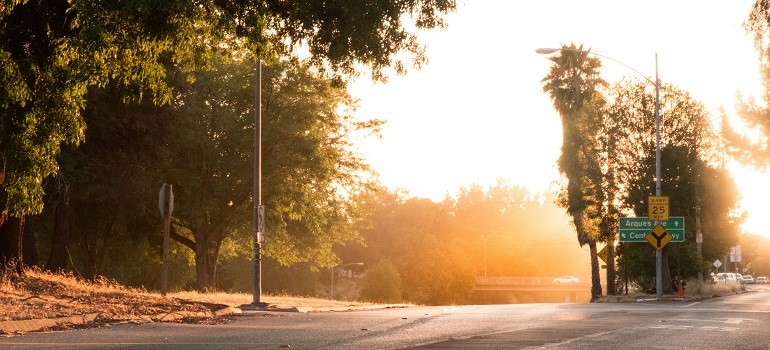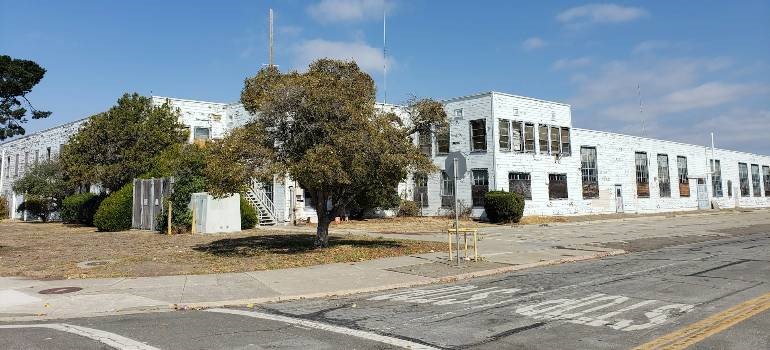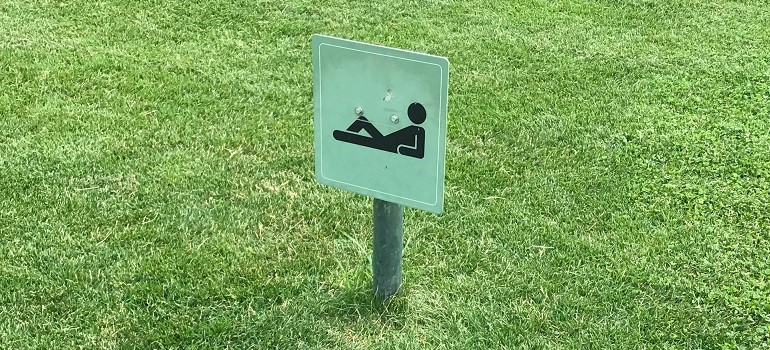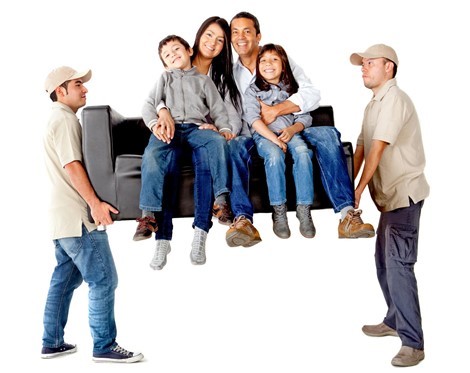Homes in Sunnyvale attract buyers relocating for work opportunities and high-rated schools. Prices are competitive, and the market often moves quickly. For buyers, skipping checks can create expensive risks after moving in. Local inspections help identify problems before contracts are finalized. Performing checks protects investments in a city with high housing costs. Relocating families must know what to expect before closing. Thorough research and inspections prevent future expenses and headaches. That is why essential checks before buying a home in Sunnyvale matter.
Research the Sunnyvale housing market before committing
Understanding Sunnyvale’s housing market is an important first step for buyers. Median home prices remain high, often exceeding $2 million for single-family properties. Townhomes and condos near Caltrain or El Camino Real are usually priced lower. Neighborhoods like Cherry Chase offer larger lots, while Birdland is closer to schools. Downtown Sunnyvale has modern condos with walkable access to shopping and dining. Buyers should compare market conditions across these areas before making offers.

Seasonal patterns also matter, with spring often seeing more listings. Proximity to major employers like Apple and Google also drives demand. Many buyers target homes near corporate campuses for shorter commutes. Buyers should also confirm whether a property is under a homeowners association. HOA fees vary and may include rules that affect renovations. Many newcomers research prices with Bay Area movers to compare housing budgets and relocation planning.
Understand costs and ownership details in Sunnyvale
Buying a home in Sunnyvale requires careful budgeting beyond the purchase price. Closing costs in Santa Clara County often range from 2 to 5% of the loan amount. These costs may include title insurance, transfer taxes, escrow fees, and recording charges. Buyers should ask for a detailed estimate before finalizing contracts.
Many neighborhoods in Sunnyvale are governed by homeowners associations. HOA fees can range from under $200 to over $600 per month, depending on the property type. Townhomes and condos often have higher fees to cover shared amenities like pools or landscaping. Buyers should review rules carefully, as they may restrict exterior changes, parking, or rentals.
Utilities and appliances: Questions you should ask
Monthly utility costs also need attention when budgeting. Single-family homes in Sunnyvale often average $200 to $300 for electricity and gas, while water and waste services add extra. Condos may have utilities bundled in HOA fees.
Finally, buyers should clarify which appliances and fixtures are included in the sale. In Sunnyvale, built-in appliances such as dishwashers and ovens typically stay, while refrigerators or washers may not. Confirming these details prevents unexpected expenses after moving. Clear knowledge of costs and ownership responsibilities supports stronger financial planning for new homeowners.
Check property history and disclosures
California requires sellers to disclose known issues to buyers during a transaction. This includes:
- structural concerns
- remodeling histor
- any legal disputes tied to the home
In Sunnyvale, buyers should check whether past additions received proper city permits. Many homes from the 1960s have been remodeled or expanded over time. Buyers must confirm these projects were permitted and inspected by local authorities. Property history also reveals water damage or foundation problems from past storms. Sunnyvale lies within an earthquake-prone area, so retrofitting history is also important. Many moving companies in Sunnyvale CA stress reviewing disclosures before committing to contracts.
Evaluate seller motivations and property background
Understanding why a seller is moving can provide valuable insight for buyers. Sellers facing deadlines may accept lower offers to close quickly. Relocation that may signal opportunities for negotiation include:
- work
- downsizing
- financial pressures
Asking about days on market also helps buyers gauge leverage. In Sunnyvale, homes often sell within two to three weeks. A property listed for longer may suggest pricing issues or hidden concerns. Buyers should review price reductions and compare them with neighborhood averages.
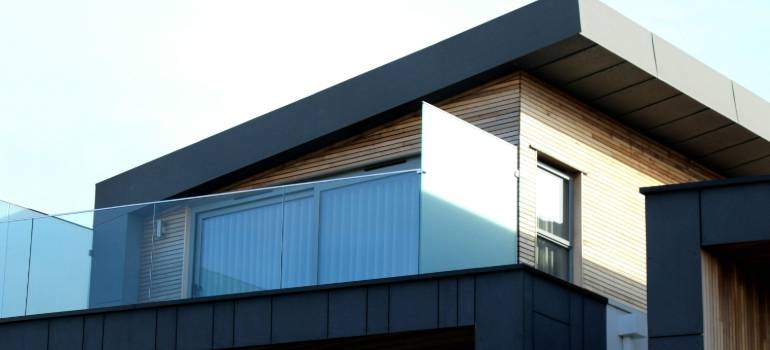
What are stigmatized property issues?
California law also requires disclosure of stigmatized property issues. These may include past crimes, serious accidents, or other events tied to the home. While not always obvious in listings, such histories can influence buyer comfort and resale value. In Sunnyvale’s competitive market, buyers must weigh these risks carefully.
Properties with unclear backgrounds may appear attractive but carry long-term drawbacks. Clarifying these details early protects buyers from surprises after purchase. Careful evaluation of these factors supports both negotiation strength and long-term satisfaction with a Sunnyvale home.
Review safety checks before buying a home in Sunnyvale
Safety and long-term planning are key considerations when buying in Sunnyvale.
- Crime rates differ across neighborhoods, with some areas reporting lower incidents than others. Buyers can review official data from the Sunnyvale Department of Public Safety for accurate information. Comparing neighborhoods helps families choose locations that match their comfort levels.
- Environmental testing also matters when evaluating a property. Radon levels in Santa Clara County are generally considered low, but testing is still recommended. Older homes may have additional environmental risks, including outdated water pipes or soil contamination. Buyers should confirm results from professional inspections before closing.
- Future development projects will also influence property values. Downtown Sunnyvale continues to expand with new housing, retail, and transit improvements. Moffett Park is also undergoing redevelopment, adding commercial and residential projects. These changes may improve commute times and neighborhood amenities. However, construction and zoning adjustments can also increase traffic and density.
Inspect the foundation and soil conditions
Sunnyvale homes sit on clay soils that expand and contract with weather changes. This soil type increases risks of foundation cracks or settling issues. Buyers should look closely for:
- uneven floors
- sticking doors
- wall cracks
Many older Sunnyvale homes have crawl spaces requiring inspection for moisture damage. Drainage problems also appear in yards without proper grading or runoff systems. Winter rains can worsen these issues if not addressed in advance. A structural engineer can evaluate cracks and foundation stability during inspections. Properties with past water damage may show mold or weakened support beams. Soil movement is common during California’s dry summers and rainy winters. Buyers need to understand these risks before finalizing an offer. Ignoring foundation problems can lead to costly repairs later. Families often discuss stability concerns with Bay Area residential movers when planning long-term moves.
Evaluate roof and exterior conditions
Many Sunnyvale homes were built in the 1950s through the 1970s. Roofs on these homes may be nearing replacement age.
- California’s intense sun often accelerates wear on shingles and tiles.
- Heavy winter rains also create leaks and water damage over time.
- Buyers should inspect attics for water stains or mold growth.
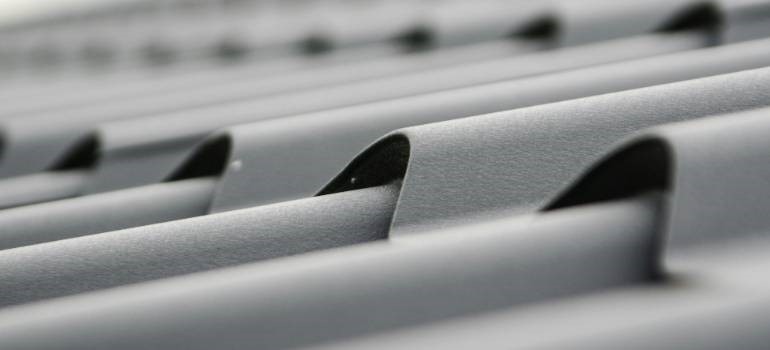
Roof repairs or replacements can cost tens of thousands in Santa Clara County. Exterior siding should also be checked for moisture or termite damage. Wood siding on older homes is especially vulnerable to these problems. Stucco exteriors can also develop cracks that allow water intrusion. Buyers should evaluate gutters and drainage systems as well. Proper exterior checks reveal long-term maintenance needs. Addressing these conditions early helps buyers plan repair budgets. Skipping roof and exterior inspections risks future expenses. For added security, some buyers rent Bay Area storage during home repairs or renovations.
Test plumbing and sewer systems
Older Sunnyvale neighborhoods often contain homes with outdated plumbing systems. Many still use galvanized steel or clay pipes prone to corrosion and blockages. Buyers should test water pressure and check for leaks. Sewer line inspections are also critical in tree-lined streets where roots intrude. A camera inspection identifies blockages or collapsed pipes underground. Plumbing upgrades add value and improve daily living conditions in older homes.
Water damage history can also reveal hidden mold problems. Buyers should ask about asbestos or lead paint in homes built before 1978. California disclosure laws require reporting, but buyers must confirm accuracy. Sewer repairs can be costly if discovered after purchase. Replacing outdated pipes can also involve significant construction costs. Careful inspections of plumbing systems prevent these financial surprises. Those arranging full service moving services often confirm plumbing systems before finalizing a property.
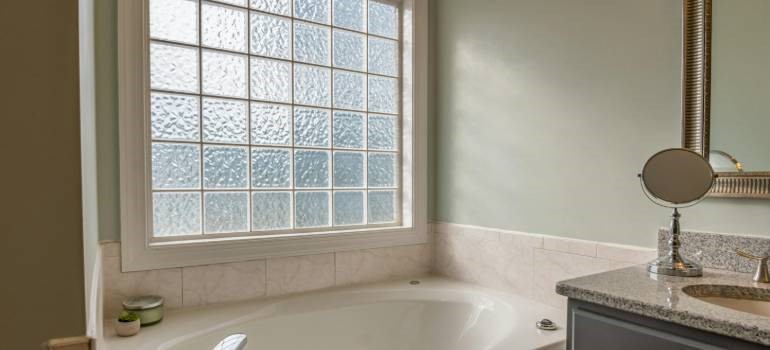
Assess electrical wiring and safety during the checks before buying a home in Sunnyvale
Sunnyvale homes built in the 1960s may still have original wiring systems. Outdated wiring creates fire hazards and limits electrical capacity. Buyers should confirm whether homes have modern breaker panels. Aluminum wiring, found in some homes, requires special connectors for safety. Buyers should also evaluate whether electrical systems support today’s high technology use.
Many Sunnyvale residents work from home and need reliable electrical capacity. Solar panel installations are common and require compatible electrical upgrades. Buyers should review these systems during inspections. Homes without updates may need costly rewiring projects. Identify potential issues early by checking:
- outlets
- grounding
- panel size
Electrical safety must be prioritized before closing on a property. Investing in this inspection prevents risks and costly renovations later. Buyers often consult furniture movers in Bay Area about power access before relocations.
Consider earthquake preparedness
Sunnyvale sits near several major Bay Area fault lines. This location increases earthquake risks for homeowners. Many older homes were not built with seismic safety standards. Buyers should check for anchor bolts and bracing in crawl spaces and be aware of that earthquake preparedness in the Bay Area is extremely important. Retrofitting strengthens structures and reduces earthquake damage. Insurance coverage for earthquakes is available but costly in Santa Clara County. Buyers should evaluate retrofit status before seeking insurance options. California’s earthquake authority also offers financial incentives for upgrades.

In Sunnyvale, retrofitting is a smart investment for long-term stability. Buyers should also review neighborhood risks in hazard maps. Properties closer to faults or unstable soils may carry higher risk. Earthquake checks provide peace of mind for new buyers. Skipping this step can leave families exposed to major repair costs. Many local moving companies in Bay Area highlight retrofitting as a top concern for relocating families.
Review energy efficiency and sustainability features
Energy efficiency matters in Sunnyvale’s warm summers and cooler winters. Many older homes lack proper insulation, raising utility bills. Buyers should:
- Check whether heating and cooling systems are modern. New HVAC systems save energy and improve indoor comfort. Solar panels are widely adopted in Bay Area neighborhoods.
- Ask about the condition and ownership of installed panels. Local energy rebates and state incentives also support energy upgrades. Water conservation is important due to California’s drought conditions.
- Check for low-flow fixtures and irrigation systems. Requesting utility history provides a clear picture of monthly costs.
Properties with efficiency upgrades often maintain higher resale value. Homes without improvements may require significant updates. Evaluating sustainability features helps buyers plan future expenses. In a high-cost housing market like Sunnyvale, efficiency plays a key role. Families also explore packing services in Bay Area when preparing for efficiency-focused relocations.
Investigate neighborhood factors and local amenities
Sunnyvale’s neighborhoods vary widely in amenities, commute times, and school ratings.
- Families often prioritize schools in the Sunnyvale and Cupertino Union districts.
- Commute times also matter for professionals working in Silicon Valley. Buyers should check access to US-101, I-280, and Caltrain stations. Homes closer to transit hubs often attract higher competition.
- Parks like Washington Park and Las Palmas provide recreation options for residents.
- Buyers should also consider walkability to Sunnyvale Downtown or El Camino Real.
- Noise from Central Expressway or Moffett Federal Airfield may affect some areas.
- Safety and community engagement also vary across districts. Buyers should research crime rates and local city plans.
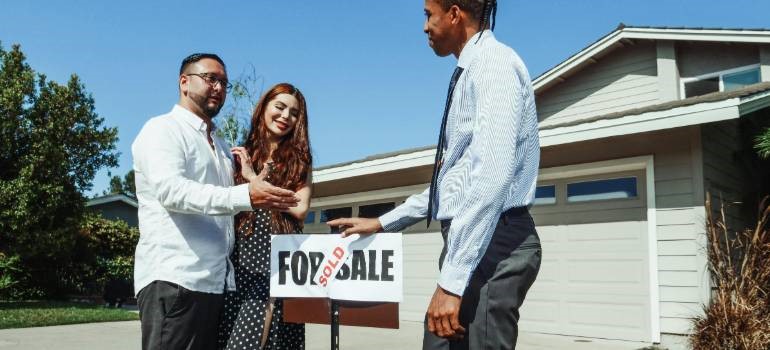
Taking the right steps in Sunnyvale home buying
Buying in Sunnyvale requires planning, research, and detailed inspections. The city’s competitive housing market makes preparation more important than ever. Buyers should analyze market conditions, property history, and specific home features. Careful evaluation of foundations, roofs, plumbing, and electrical systems protects investments. Considering earthquake readiness is especially important in this region. Energy efficiency and neighborhood factors also influence long-term living satisfaction. Buyers who review these elements are better prepared for ownership costs. Every check contributes to a more secure and informed purchase. With so much at stake, skipping steps can create major financial risks. Doing full inspections is the smartest way to buy in Sunnyvale. These evaluations protect property value in a city with high housing costs. Careful planning supports families relocating to the Bay Area. Success depends on understanding essential checks before buying a home in Sunnyvale.
Tags
Subscribe to Upline Moving's Blog
